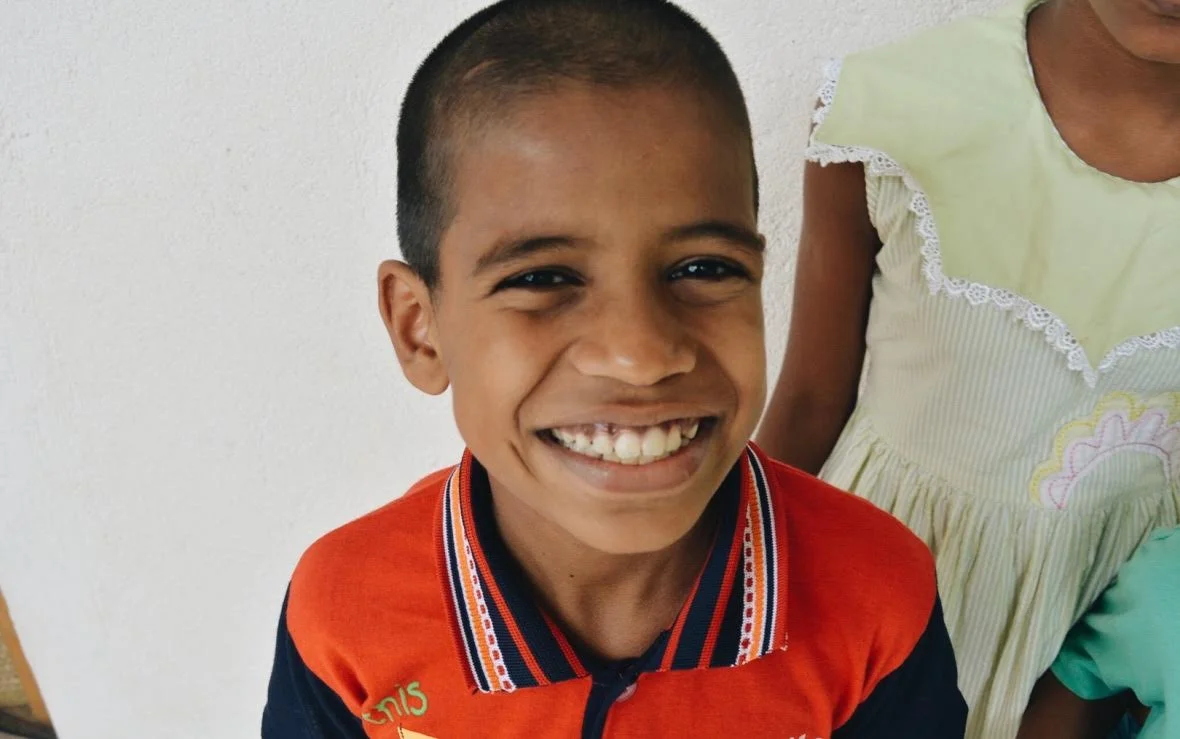Christmas was still fresh in the air and families were gathered together when news of an oil tanker about to topple off the coast of Colombo perked concerns nationwide. Not too long after this news, the waves of the Boxing Day Tsunami hit the nation’s coasts destroying absolutely everything it came into contact with. The Eastern and the Southern coasts were completely washed off while the North and West suffered considerable damage. The families in the east that had lost everything due to the prevalent civil conflict at the time lost what little they had for a second time when the ocean went against them. All in all, the Boxing Day Tsunami shook the entire world, killing nearly 225,000 people and displacing another 1.74million. The Humanitarian response reached an astonishing US$14billion pledged by superpowers and other countries alike to help restore the damaged nations – one of the few times, the world stood as one.
The devastation in Sri Lanka with a loss of 35,000+ lives and displacing 515,000 others was only second to Indonesia, closest to the epicenter of the earthquake. Nonetheless, it was a dire time and a somber welcome to the New Year ensued. Many organizations, governments and individuals then started the long and arduous process of rebuilding and rehabilitating the displaced. Among the many projects that followed, AMI Tsunami Children’s House Foundation was established in 2006, by Premela Wijemanne, a veteran Montessori teacher who owned and ran her own Montessori in Kansas, USA. With the idea of creating a safe space and providing quality education and care to the orphaned children, Amitsu has grown ever since.
Home to 22 children currently between the ages of 4 – 15, Amitsu sees to their education, healthcare and general wellbeing. Spread over a compound of 4 acres, the home has separate dormitory facilities, kitchen, matron quarters and ample space for the children to utilize. The compound also houses an in-house Montessori to educate the youngest, a sustainable vegetable patch, a jungle gym and a large playground for sports. Café Kumbuk has been supporting the Wijemanne family in this noble task from a very long time – even before the café’s inception. This year too, Café Kumbuk is organizing a fun evening for the kids in light of the Christmas season; a time for good food, enjoyable company and exciting presents.
We have made it our goal this year to provide these little children with Christmas presents to celebrate the season of giving and would like for our lovely patrons to be able to help in the process. We are looking for donors to take up the responsibility to sponsor a child’s gift – that means you can buy them anything you please and pack it with love. You can get more information from our flagship café, where you will also find that we’ve replaced the décor at the front shelves with photos of the Amitsu kids. Help us help these children celebrate the season while also commemorate 13 years since the waves of the Boxing Day Tsunami.
By Ashan Wijesinghe






